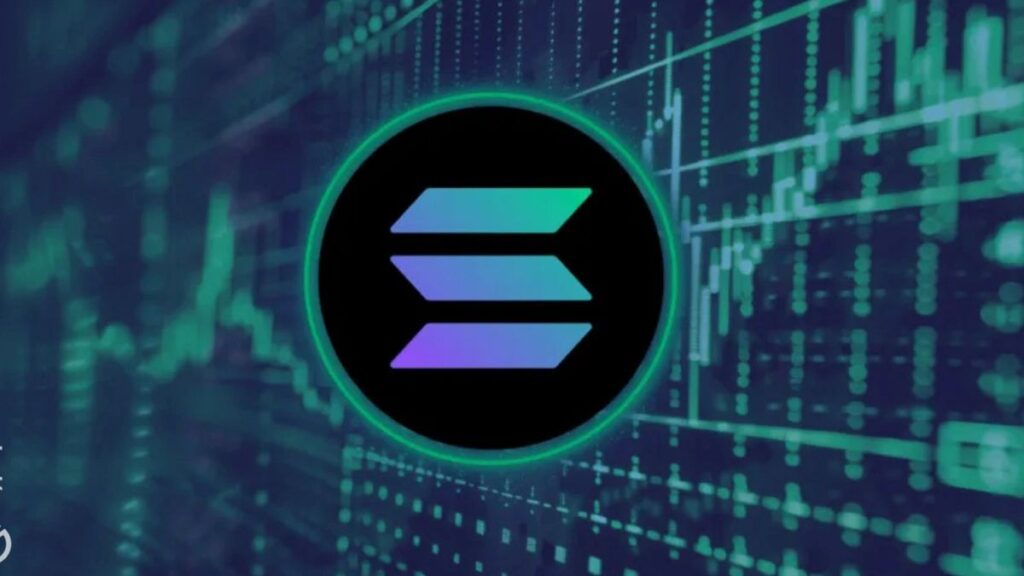RL;DR
- A new proposal aims to double Solana’s annual staking reward reduction.
- The goal is to limit sell pressure from new token creation.
- Opponents warn it could harm validator profitability and network decentralization.
A Solana developer proposed accelerating the decline in staking rewards to limit the number of new tokens entering circulation. The proposal, published on Github on November 21, calls for doubling the programmed annual reduction from 15% to 30%. If applied, the measure would prevent the creation of nearly $3 billion in new SOL tokens.
“High token inflation increases sell pressure, as some stakers view rewards as ordinary income and need to sell part of them to cover taxes,” said Lostintime101, a pseudonymous Solana technical writer and researcher at Helius, in the proposal.
Solana pays staking rewards to users who lock up their tokens to help process transactions on the network. The rewards are scheduled to decline until they reach a terminal rate of 1.5%. At present, the network distributes around 6% annually in newly issued tokens, compared with roughly 3% on Ethereum.
The effort is not new
In March, Solana validators voted on a plan to reduce staking rewards by nearly 66%, which at the time represented around $3.5 billion in new tokens each year. More than 61% voted in favor, but the proposal fell short of the required 66.67% threshold.
“Previous discussions on modifying the inflation schedule became heated and divisive. With this proposal, we aim to avoid repeating those missteps and promote a more focused governance process,” noted Lostintime101.
The network continues to face pressure to balance user fees with incentives for operators who maintain the blockchain and secure transactions. Solana is not alone: Ethereum, Celestia, and Near have also examined ways to reduce token inflation this year.
Opponents warn that cutting rewards could weaken network decentralization, as some validators may become unprofitable, disconnect their nodes, or operate at a loss. “As staking rewards fall, a subset of validators may find it difficult to remain economically sustainable, potentially affecting validator diversity,” added Lostintime101.
Solana’s validator count has dropped from around 2,500 in early 2023 to fewer than 900 today, a 64% decline. The proposal seeks to establish a balanced framework that limits token inflation while maintaining network security and economic viability for participants.







